
Carol Morley’s debut short uses the iconography of the genre of melodrama – the staircase, the father – to explore the story of a girl’s relationship with her father, and the impossibility of recreating a time, a place, and a memory. Cross-cutting between the girl protagonist and her father, the film creates a sense of crisis and conflict. As the girl invests her feelings in her surroundings and describes events connected to her father, we are drawn into a world of pain and pathos. Morley’s first directorial credit was her graduation film from Central St. Martin’s School of Art.
You May Also Like
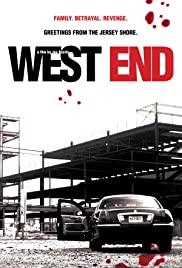
Vic Trevi is an undercover FBI agent positioned to betray the people he calls family. Vic needs to find out the truth about his family before his family finds out the truth about him.
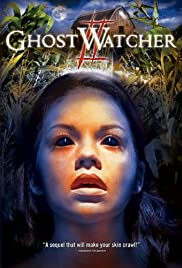
When a young girl begins hearing voices, she hires the “GhostWatcher,” Laura Kove, to investigate who the voices belong to and what they want.
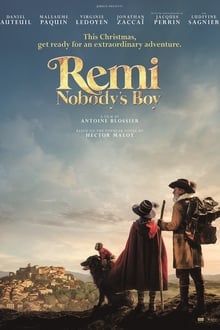
The adventures of the young Rémi, an orphan, collected by the gentle Madam Barberin. At the age of 10 years, he is snatched from his adoptive mother and entrusted to the signor Vitalis, a mysterious itinerant musician. Has its sides, he will learn the harsh life of acrobat and sing to win his bread. Accompanied by the faithful dog capi and of the small monkey Joli-Coeur, his long trip through France, made for meetings, friendships and mutual assistance, leads him to the secret of its origins.

Marcel the shell is out of sight.

Leaving the city behind for a weekend of booze, bud and bonding at the coast, seven friends find themselves stranded en route to South Padre Island when a big storm interferes with their plans. The town of Middle Spring is more than happy to welcome them with open arms, however; located in the rhinestone buckle of the Bible Belt, Middle Spring is smack-dab in the middle of a big barbecue and tent revival and there’s always room at their table for a few more warm bodies. Unfortunately, no one in Middle Spring is exactly who they seem to be— this town takes the Bible quite literally, and the friends have to stick together as time begins to run out and they realize that what’s on the menu may be closer to home than they suspected.
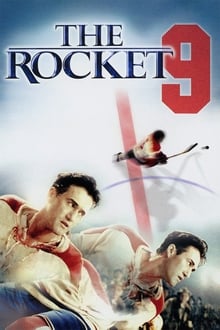
In the late 1930s, a young machinist named Maurice Richard distinguished himself as a ice hockey player of preternatural talent. Although that was enough to get him into the Montreal Canadiens, his frequent injuries cost him the confidence of his team and the fans. In the face of these doubts, Richard eventually shows the kind of aggressive and skillful play that would make him one of the greatest players of all time as “The Rocket.” However for all his success, Richard and his fellow French Canadians face constant discrimination in a league dominated by the English speaking. Although a man of few words, Richard begins to speak his own mind about the injustice which creates a organizational conflict that would culminate in his infamous 1955 season suspension that sparks an ethnic riot in protest. In the face of these challenges, Richard must decide who exactly is he playing for.
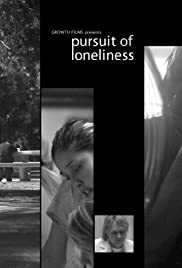
After an elderly hospital patient dies, a nurse tries unsuccessfully to contact the next of kin. Later, a social worker continues the effort but finds only the neighbor who was feeding the patient’s dogs. A county investigator fails to locate any relatives and ultimately must process the belongings in the decedent’s home. Meanwhile, we follow a frail man’s discharge from the hospital and an older woman’s day spent running errands and trying to stay cool during a heat wave.
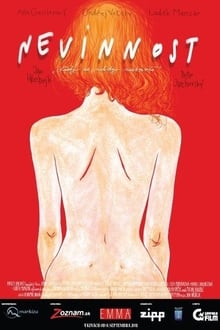
The fall from the top to the absolute bottom can be very fast. A renowned physician, also a beloved father and husband, is accused of a serious felony. Innocence is hard to prove, especially when in desperation to try to save oneself, we sacrifice the secrets that should have remained hidden forever.
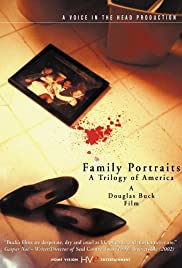
Three narratives (“Cutting Moments,” “Home” and “Prologue”) combine to create a shocking trilogy of modern American life, a portrait drawn with brushstrokes of hidden violence and disturbing cruelty. Directed by Douglas Buck, this unflinching film reveals what lies behind the drawn curtains of so-called “ordinary” households.
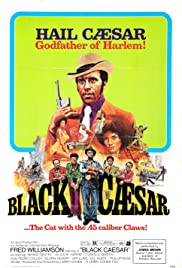
Tommy Gibbs is a tough kid, raised in the ghetto, who aspires to be a kingpin criminal. As a young boy, his leg is broken by a bad cop on the take, during a payoff gone bad. Nursing his vengeance, he rises to power in Harlem, New York. Angry at the racist society around him, both criminal and straight, he sees the acquisition of power as the solution to his rage.

Olavi, an aged and shabby art dealer, is planning to retire. Accidentally he finds an old painting that he suspects being much more valuable than his colleagues have priced it. He decides to try to prove for the last time for himself, his colleagues and his estranged family that he can make it.
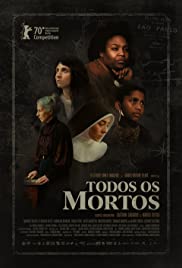
The story of the decline of the Soares family in the final months of the 19th century. Isabel is the dying mother, and her daughters are Maria and Ana. The three women try hard to forget about their pasts in the coffee farm and face the industrial times that start to take over Brazil.